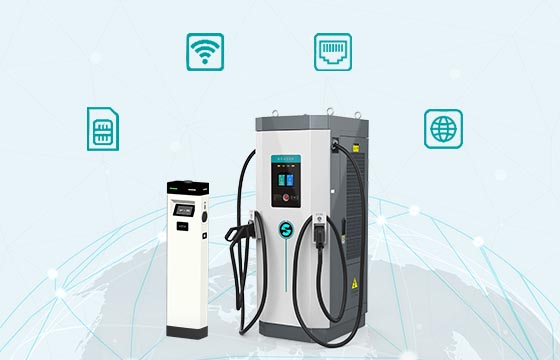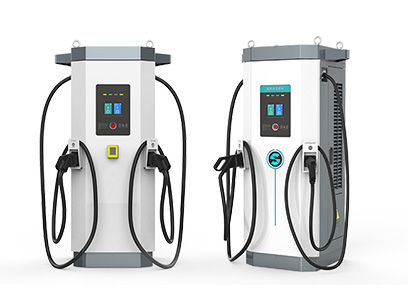Time:
With more and more people choosing environment-friendly electric vehicles, it comes as no surprise that EV chargers are becoming increasingly popular. However, for these chargers to function optimally, they need to be equipped with internet connectivity. In this blog, we’ll explain why EV charger needs internet connectivity and the common types of connectivity.
With remote monitoring, real-time information, enhanced safety features, and the ability to create an extensive EV charging network, internet-connected EV chargers are a must-have for anyone looking to leap toward a greener future.

Connecting your site to the internet via an ethernet connection may be the most physical and secure method available. By using RJ45 ethernet cables, you can easily run them alongside the power cables powering your chargers for a straightforward installation. With an ethernet connection, you can ensure that your site remains stable and secure. Consider utilizing a nearby data center to provide the best possible connection.
4G cellular network service through a SIM card is also a practical way of provisioning your site with an internet connection.
When considering this method, it is crucial to ensure that your site has decent network coverage. This is especially important for sites such as underground parking lots or highway-adjacent areas, where some areas may have great connections while others may not. Having a reliable internet connection is essential, and if running an ethernet cable isn't possible, utilizing a cellular network may be your best option.
Some EV chargers can connect to a local router through a wireless internet connection (Wi-Fi), offering convenience and flexibility. However, it is important to note that using a high-quality, commercial-grade router is crucial for stable operation, as household wireless routers may cause downtime and charging disruption.
Mixed-mode connection is the way to provide a connection through an on-site router that also connects to the internet through a SIM card. This is a flexible solution that is perfect if you have more than one charger in a remote location, where ethernet cables or Wi-fi solutions are not viable due to the significant distance from the IT room or data center.
EV chargers need to connect to a network as this is what enables smart operation, including benefits such as remote monitoring and troubleshooting. Grasen EV chargers support all the above connection methods, contact us today to get a FREE consultation!

60kW to 150kW DC Fast
Submit Request